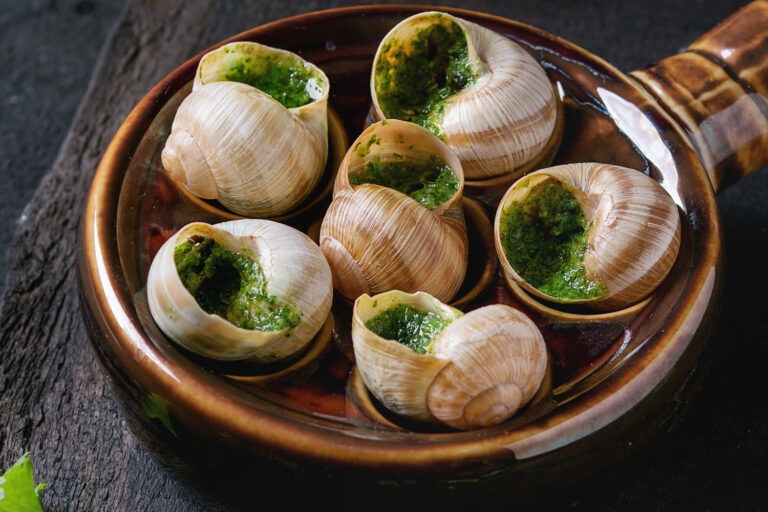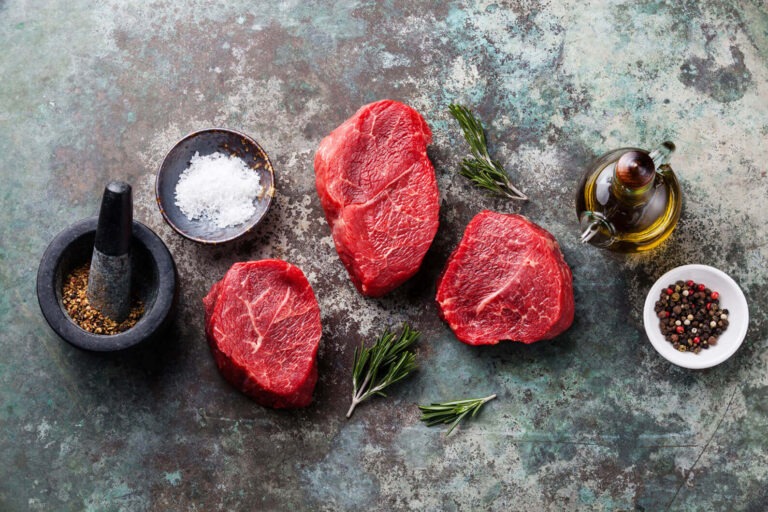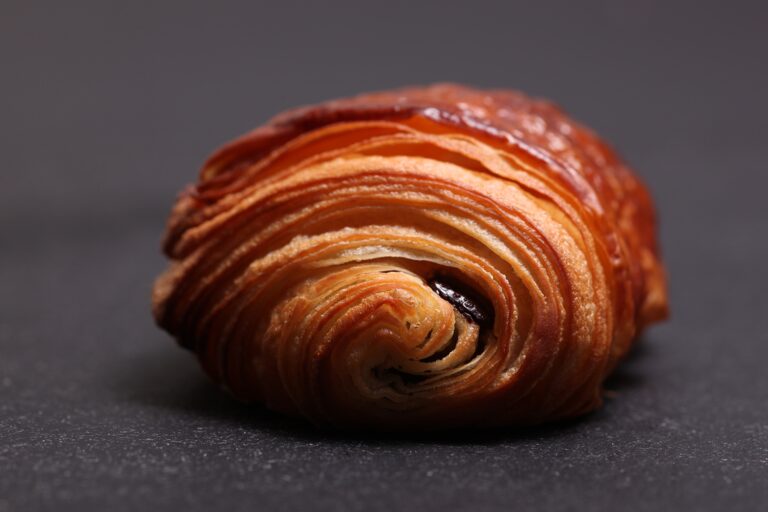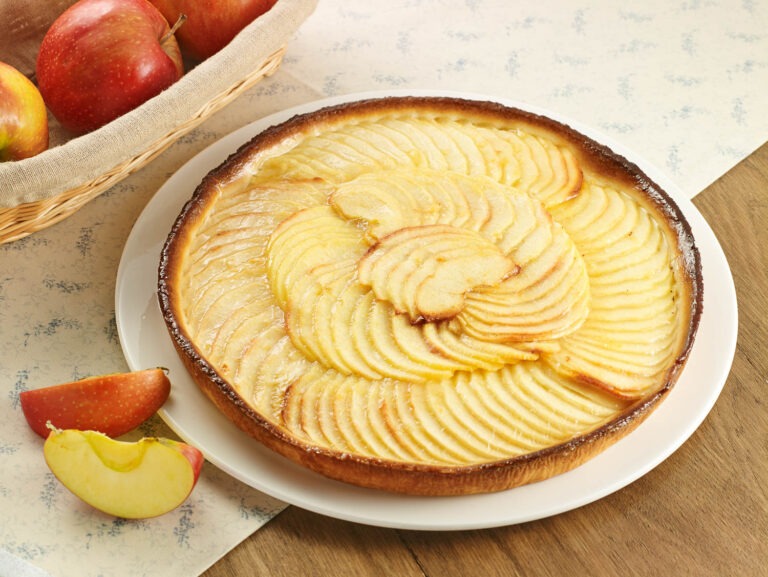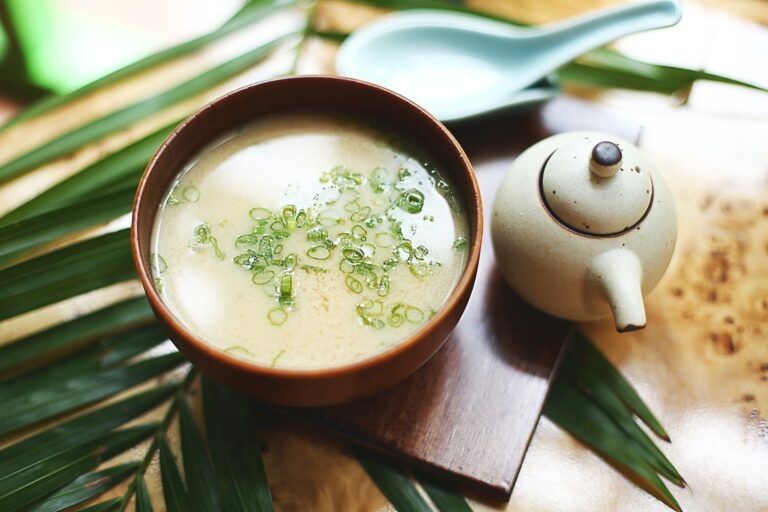Maison Loste: A French Pork Producer with a Rich History
Maison Loste: A French Pork Producer with a Rich History
At Répertoire Culinaire, we are dedicated to providing our customers with the highest quality food products from around the world. One of our trusted partners is Maison Loste, a French pork producer located in the heart of the Pyrénées mountains in the south of France. In this blog post, we will dive deeper into the history, production methods, and quality of Maison Loste’s pork products.
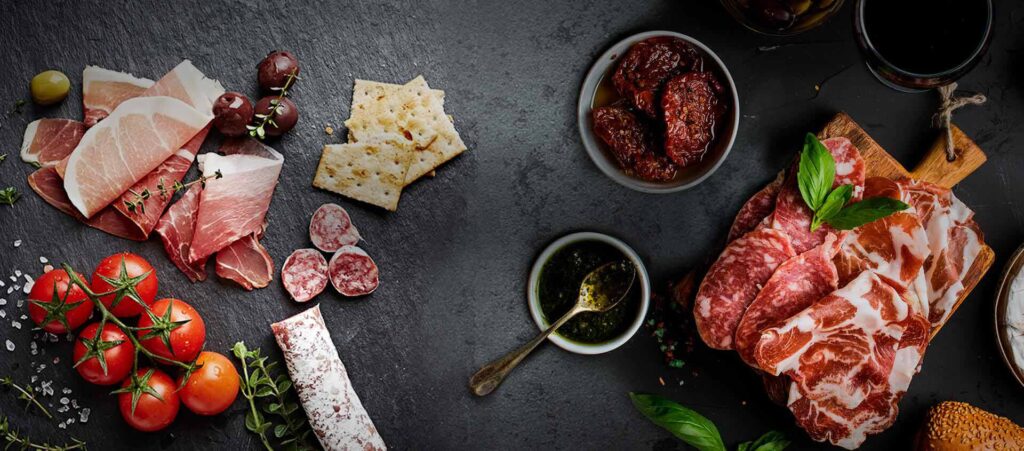
A Rich History
The great story behind Loste began in 1866 in the Monts du Lyonnais. Pierre Loste, a pork butcher based in the commune of Saint-Symphorien-sur-Coise followed in the footsteps of his father, Jean-Baptiste. He was of course an excellent pork butcher, but above all, forward-thinking. Aged 40, in a region entirely devoted to artisan butchers, he was inspired to establish a maturing unit for curing sausages on an industrial scale.Saint-Symphorien-Sur-Coise would become forever and for everyone “the origin of cured sausage”.
Loste joined Olida, a fast-growing company in 1928. It marked the dawn of a new era that revolutionized charcuterie. Loste’s excellent reputation for sausage making in Lyon was an ideal match for what Olida had to offer. This way, Loste could retain its identity and its name while being destined exclusively for independent butchers.
In 1985 Olida, under the commercial management of Antoine d’Espous, bolstered Loste as a flagship brand for promotion.The brand was already a benchmark for flavor and set to be an upmarket essential for traditional trade. In the space of 3 years, 12,000 deli butchers put their faith in Loste products.
The brand was then primed for its communications campaign. The range was reworked and structured to further develop the innovative products it is famous for now. The yearning to become known reached its peak in 1989 with the launch of Duc de Coise, the brand’s flagship, dedicated to those “passionate about sausages”.
Then in 1992, with around 100 products, Loste went back to being an independent brand, embodying a kind of family tradition, overseen as ever by Antoine d’Espous.
In 1994 Loste won the “Prize for European Excellence” which emphasised the determination of the company to preserve its heritage
Maison Loste’s production methods
One of the things that sets Maison Loste apart is their commitment to traditional, artisanal production methods. They use only the finest quality ingredients, including pork from pigs that are raised without antibiotics or growth hormones. The pigs are fed a balanced diet of cereals and are allowed to roam freely in open-air pens.
Maison Loste’s products are all made by hand in small batches, using traditional techniques that have been passed down through generations. For example, their hams are cured using a natural process that involves soaking the meat in brine and then drying it in the mountain air for several months. This slow process results in a tender, flavorful ham that is a true delicacy.
Quality Control and Certifications
Maison Loste is committed to ensuring the highest quality and safety standards for their products. They follow strict hygiene and safety protocols, including Hazard Analysis and Critical Control Points (HACCP) standards, which help to identify potential hazards and minimize the risk of contamination.
In addition, Maison Loste’s pork products are certified by various organizations, such as the Label Rouge and the European Union’s Protected Designation of Origin (PDO). These certifications ensure that the products are of the highest quality and meet strict production standards.
Conclusion
Maison Loste is a trusted partner of Répertoire Culinaire, and for good reason. Their commitment to traditional, artisanal production methods, high-quality ingredients, and strict safety standards ensure that their pork products are some of the best in the world. Whether you’re looking for a delicious ham, a flavorful sausage, or a rich pâté, Maison Loste has something to offer. Try their products today and taste the difference for yourself.

